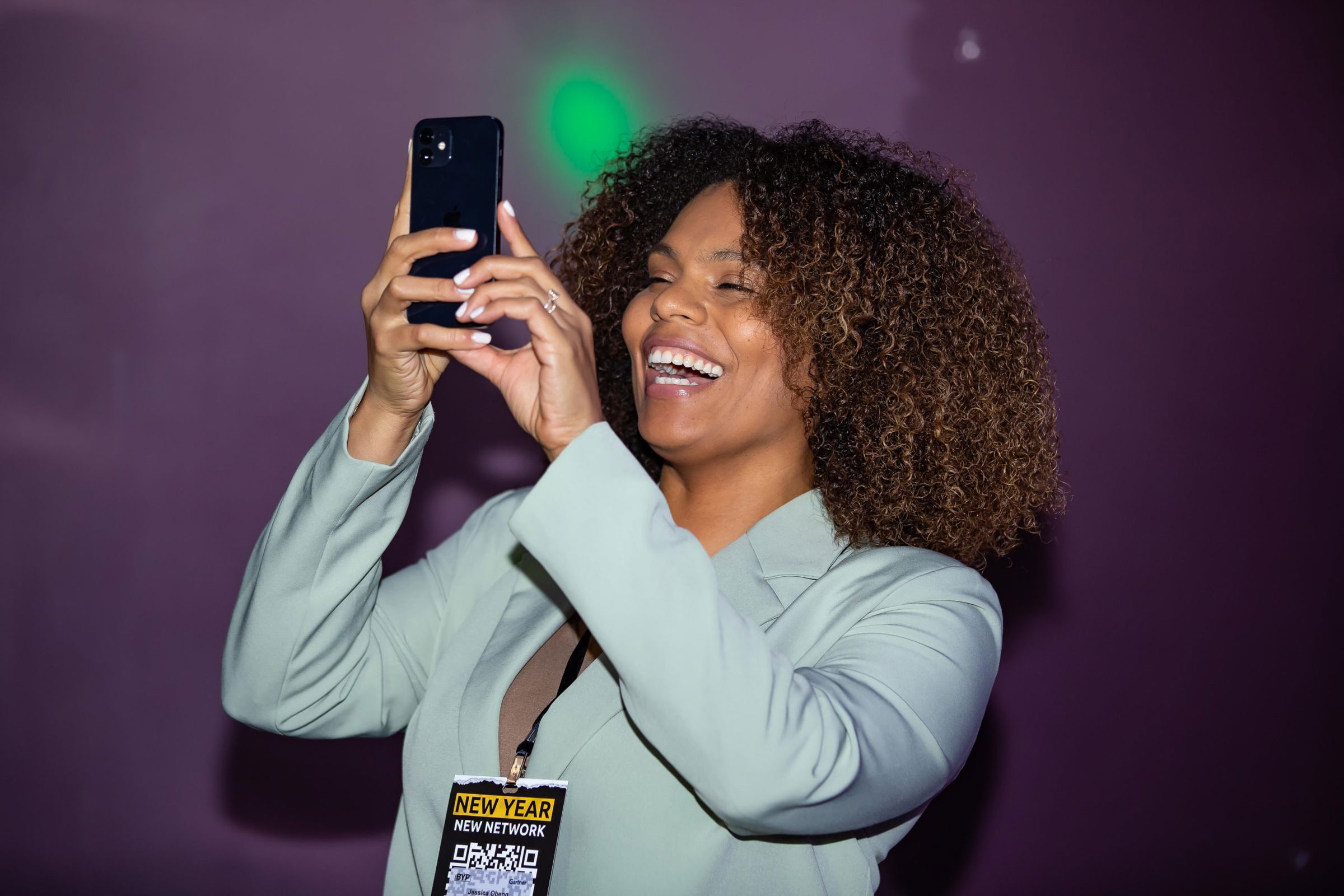Workplace Discrimination Still Persists
Some business leaders have publicly denounced racism and pledged to improve. However, the recurring question remains, “how much has changed?”. Discrimination against Black Britons in the workplace has long been an issue. For those who have overcome these obstacles, navigating professional settings has been both upsetting and harmful, from unequal compensation to discriminatory treatment.
Many Black people are forewarned that they must work harder if they want to succeed. Parents have long passed on the idea of working twice as hard to be considered intelligent and talented. This concept applies to almost every area of their lives, including their careers.
More than three-quarters of Black professionals surveyed feel that for Black employees to succeed, they must work harder than white professionals. Small mistakes are more likely to be noticed by Black professionals’ managers than by their white coworkers, which results in poorer performance assessments and lower pay.
Underrepresented and Unfulfilled
Underrepresentation remains a central theme across industries. Nearly 10 percent more Black professionals than white professionals say that having few opportunities made accessible to them is their main career difficulty. The fact that Black workers are less likely to be employed than their white counterparts in the same age groups or with the same level of education is evidence of this.

An almost impenetrable glass ceiling for Black professionals
The absence of Black workers has hampered Black employees’ capacity to advance into leadership positions. On average, employers hire 24 percent of applicants of white British background, compared to 15 percent of applicants from other ethnic groups with equal professional aptitude. The absence of diversity becomes more apparent when a company historically hires within one ethnic group.
Does authenticity help?
In recent years, the notion of bringing one’s genuine self to work has gained popularity. However, it might mean more harm than good for Black employees. Some agree that no one should fully bring their whole selves to work, regardless of ethnicity. And while this may be the case, the situation for Black professionals is much more complicated.
In essence, Black employees don’t have the option of presenting themselves “authentically” at work. To make coworkers and superiors more comfortable, code-switching, or changing one’s speech and behaviour depending on the situation, becomes the standard.
Leading Change
Every year, efforts to promote diversity and inclusion get more than £6 billion. A study from the BBC states that £44 million is allocated towards overall diverse and inclusive programs in 2021. However, there is little proof that this investment results in more diversity, especially at the firm’s top.
Businesses are becoming more diverse due to growing diversity and inclusion initiatives. However, given the scarcity of Black leaders, we’d like to see companies step up their efforts and increase awareness and actions. Knowledge is power.
This October, BYP is bringing back its annual flagship event Leadership Conference, ‘Knowledge is Power,’ With October being the UK’s Black History Month, now is the perfect time to gain more knowledge and insight to stand in support of Black professionals to make the workforce a more equitable space where everyone can thrive. Register now for a last minute ticket if you haven’t already signed up! Tickets are available both in-person and online. In case you missed it, you’ll be able to catch up on the talks and content online so be sure to follow us.
Check out also the employers who are committed to leading change and are advertising roles directly to BYP’s network of talented Black professionals, via the BYP jobs board.
Resource Links:
- New Study Finds Black Professionals in the UK Face Significant Barriers at Work
- The Black experience at work
- Minority ethnic Britons face ‘shocking’ job discrimination | Race | The Guardian
- The Costs of Code-Switching
- There has been little or no improvement in diversity or inclusion at work – HR News
- BBC unveils £44m spend on diverse production | The Knowledge Bulletin






